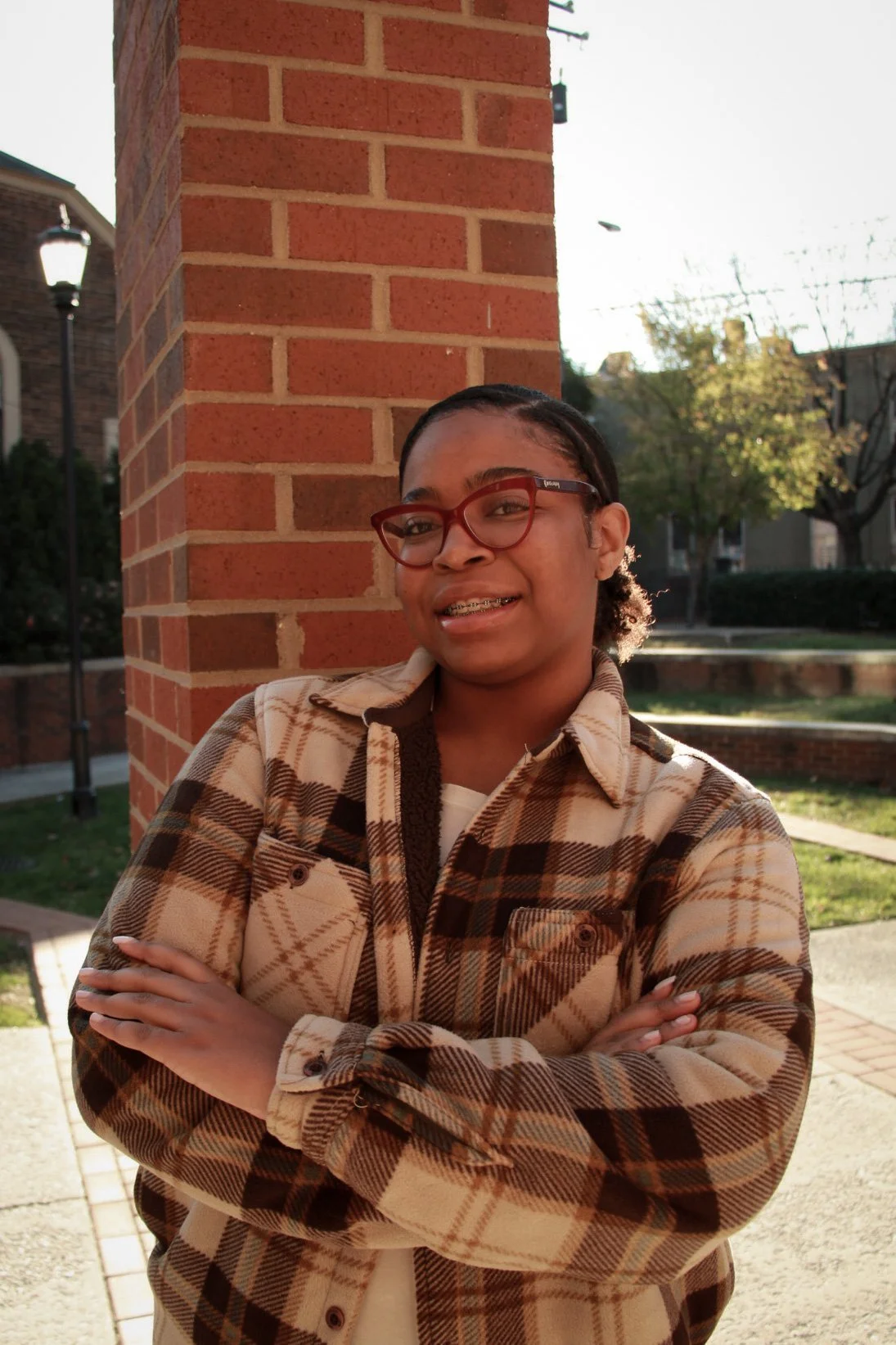Sheral St. Luce
Photography by Nia E. Jones
If you’re reading this, there is no timeline for healing.
Upon meeting me, you would never guess that I am someone who struggles with feelings of grief and anxiety on a daily basis. About eight years ago, I lost my mother to cancer, and ever since then, I have found myself working overtime to try to convince my peers and, ultimately, myself that I am ‘okay’.
As a kid, anytime someone found out my mother had passed, it was always automatic pity and feelings of sorrow, and I couldn’t understand why. The more I went through the routine of meeting someone new, opening up about my mom, and then the instant feelings of pity and sympathy, I began to detach myself from the constant ‘I’m really sorry for you’ and 'wow, what you’ve been through must have been so hard’ comments. Instead, I just stopped talking about my mom altogether and pretended everything in my life was perfect. I did not want to stop talking about her, in fact, all I wanted to do was tell people about how amazing she was, but there came a point in my life where I knew that if I heard one more sorry or had one more uncomfortable pity hug, I would lose my mind.
Because of this, I resorted to talking about everything except her. When my friends brought up their moms, I would go silent and quickly change the subject because I couldn’t bear to tell them I couldn’t relate. I felt like I was damaged beyond comparison because while everyone was talking to their mom about boys, I was pretending everything I missed out on didn’t matter to me.
Eventually, I got to a point in my life where I knew I needed to start talking about her. When I did talk about her, I didn't want to feel as though something was wrong with me. I started talking to people who could relate to losing a parent or immediate family member, and oddly enough, it didn’t feel weird. Once I found my group of people that could relate to what I had been through, my need to be guarded all the time slowly went away. Clinical psychologist, Mary-Frances O'Connor, says grief is a universal experience, and when we can connect, it is better. Once I was able to allow myself to be okay with sharing my grief, my sudden need to constantly be okay slowly started to melt away. I still struggle with trying to be strong all the time, but now I am able to recognize where my feelings come from and lean on people in my life for support.
It was this way of thinking that led me to self-harm in February of 2021. Quarantine was not an easy thing for anybody; for me, it was difficult because being stuck at home made me feel trapped. Being “trapped” with my family made the emotions I talked about before much more intense. It was around February when I started to drive off into a parking lot and self-harm without my parent’s knowledge. It was a terrifying experience that no one should have to go through.
Everyone experiences grief differently, and that is a process that we must not only respect, but also empathize with. No matter what you, your friends, or your family are going through, it is important to remember that you are more than your current situation. If you’re reading this, just know it is okay not to be strong all the time.
Sheral St. Luce, Virginia Commonwealth University
Connect With Us
To follow IfYoureReadingThis at VCU on Instagram, get in touch with our chapter, and learn about more resources available to VCU students, visit our chapter’s homepage.
AUTHOR CONTACT
This author has opted to allow readers who resonate with their story to contact them. If you would like to speak to the author of this letter about their experience, please use the form below.

